Supreme Court Slams Indian Army for Denying Officer’s Rights, Grants Permanent Commission
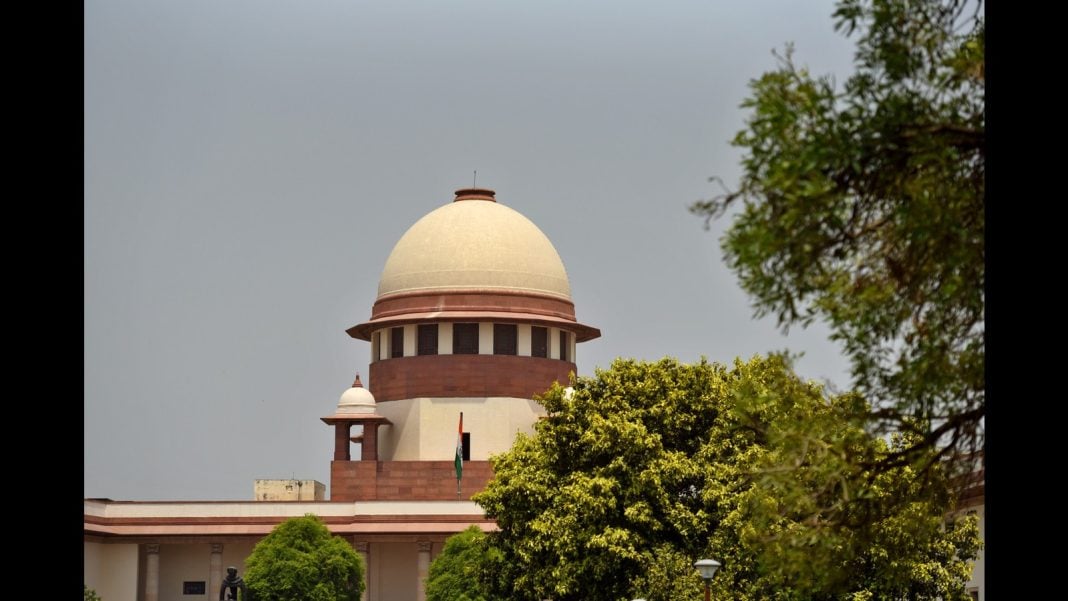
In a significant development, the Supreme Court of India has expressed strong disapproval of the Indian Army’s practices compelling its officers to seek judicial intervention for entitlements, underscoring that such actions jeopardize fairness and a sense of equity in service matters. The remarks came as a part of the court’s ruling which mandated the Army to provide permanent commission to Lieutenant Colonel Suprita Chandel, who had been previously denied the chance to participate in a departmental examination due to a regulatory amendment enacted in 2013.
The bench, comprising justices Bhushan R Gavai and KV Viswanathan, emphasized that the Army had neglected to extend benefits from a prior judicial decision to other officers in comparable situations. They emphasized the principle that benefits granted in legal cases should extend to all similarly situated individuals without necessitating further court intervention, encapsulating their view with the adage, “What is sauce for the goose ought to be sauce for the gander.”
Lieutenant Colonel Chandel’s case highlighted significant disparities within the Army’s handling of personnel matters. The court found that she was unjustly excluded from receiving a permanent commission when other officers, facing identical circumstances, were granted relief post a 2014 Armed Forces Tribunal (AFT) ruling. The bench reflected on the challenging nature of military service, particularly for soldiers operating in extreme conditions, drawing an analogy to the implications of the Army’s policies that could adversely affect officers like Chandel during their service.
Commissioned in the Army Dental Corps in 2008, Chandel faced age restrictions and educational requirements introduced in 2013 that rendered her ineligible for her final opportunity to appear for the necessary examination. Though other officers received relief from the AFT ruling, Chandel was excluded due to her absence from the original case as she was on maternity leave during that period. Her efforts to appeal to the Army were thwarted, leading to a rejected plea from the AFT in 2022, which drove her to escalate the matter to the Supreme Court.
The court, in considering her situation, acknowledged her commendable service record, including recognition by the Chief of Army Staff in 2019. The justices articulated that the Army’s failure to extend the benefits from the AFT decision to Chandel amounted to an unreasonable stance. They concluded that she had indeed been incorrectly barred from permanent commission, reinforcing that after eleven years, it would be unjust to subject her to the 2013 eligibility criteria given her current age of nearly 45 years.
Exercising its constitutional authority under Article 142 to ensure complete justice, the Supreme Court decreed that the Army was required to confer permanent commission to Chandel retroactively—backdating her appointment to align with the officers who had benefited from the earlier ruling. In addition, the court instructed the Army to provide her with all related benefits, including arrears, seniority, and promotion, within a four-week timeframe, signaling a notable affirmation of her rights within the armed services.





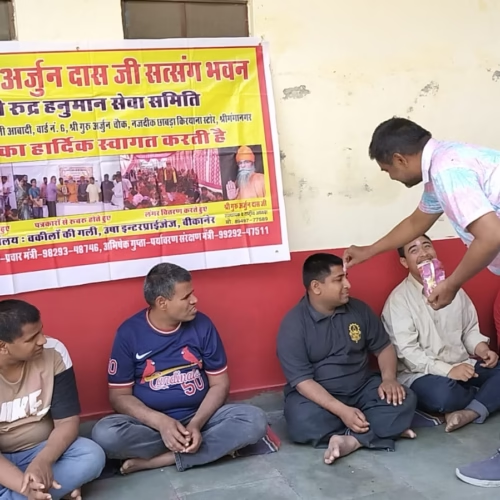
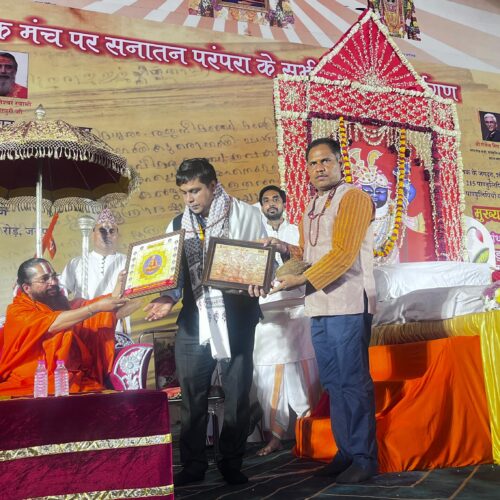
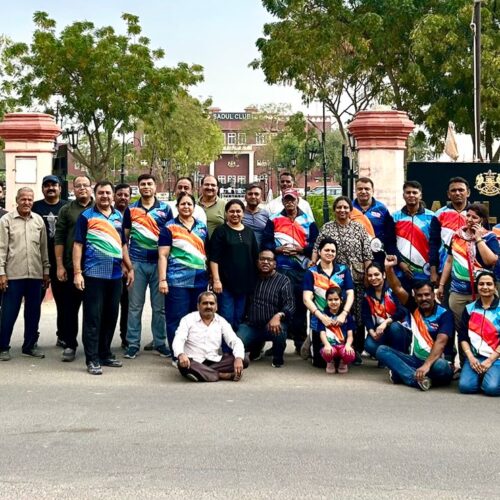
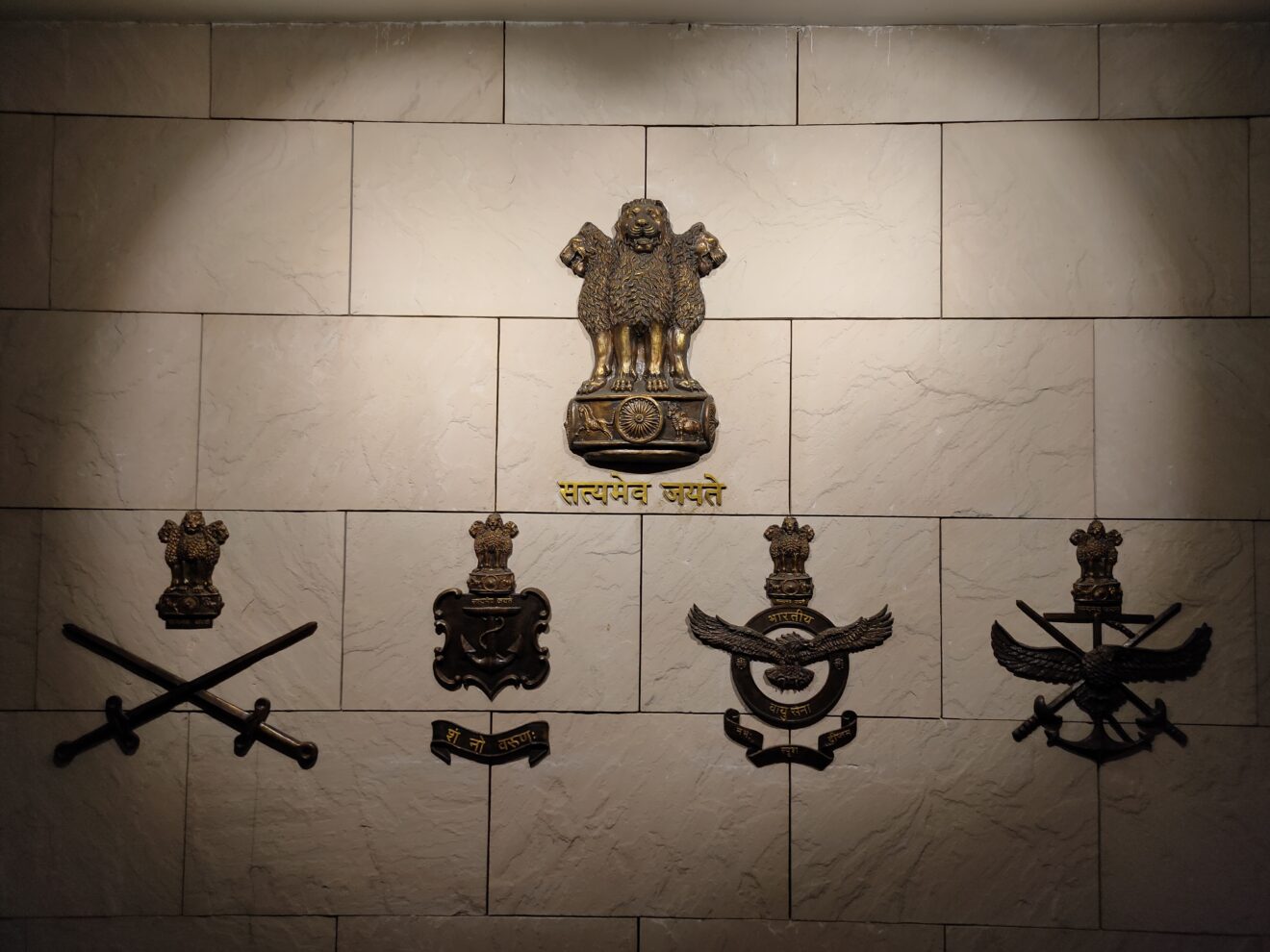




Add Comment